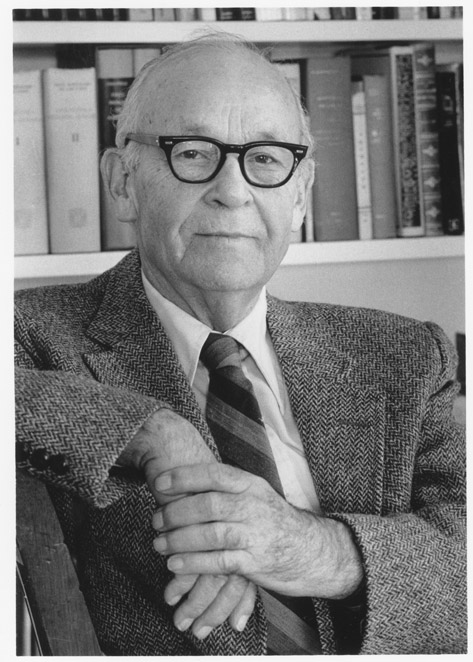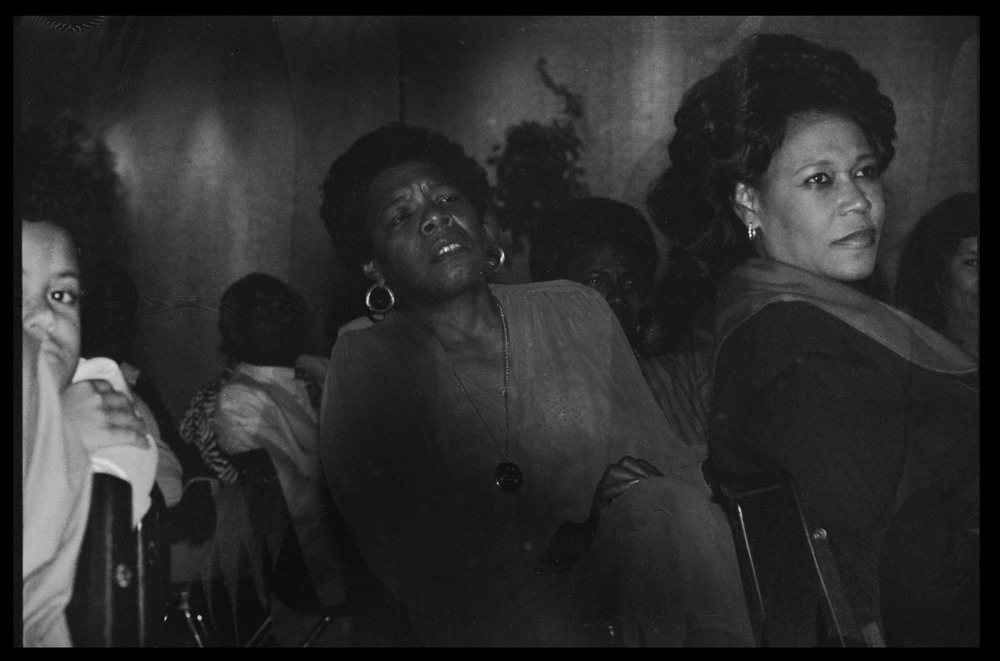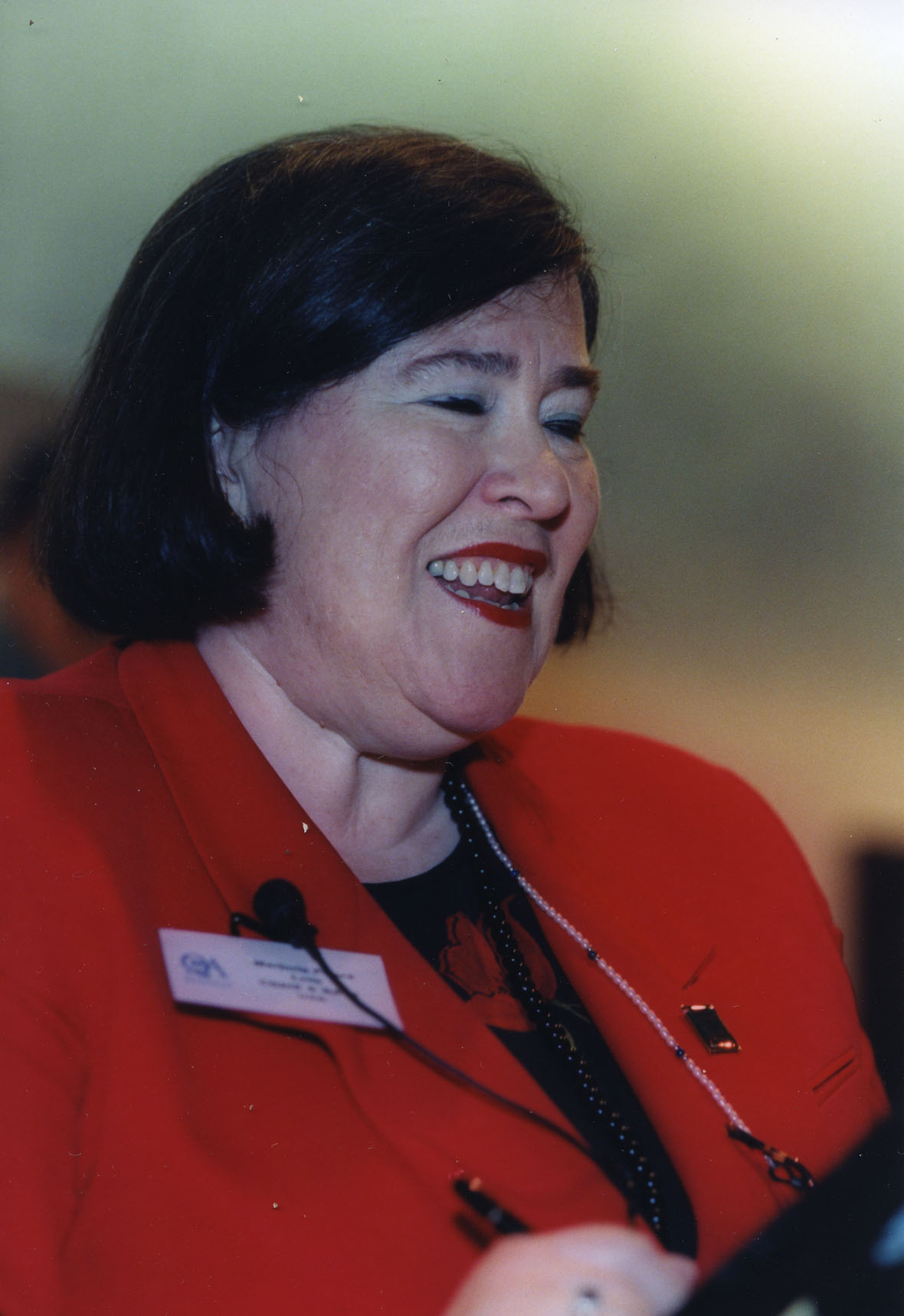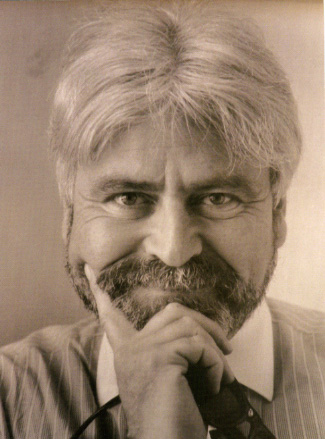Lewis Hanke Papers

Lewis Hanke, the Clarence and Helen Haring Professor of History from 1969 to 1975, was a scholar of Latin American history, served as the president of the American Historical Association, worked extensively as an editor, and was best known for his research on Bartolome de Las Casas. Hanke was born in 1905 in Oregon City, Oregon, and received his B.S. and M.A. in history from Northwestern University. After earning his Ph.D from Harvard in 1936, the great depression barred his way to professorial appointment, allowing Hanke to work outside of academia as the director of the Hispanic Foundation until 1951. After teaching at the University of Texas and Columbia University, Hanke eventually became a professor at the University of Massachusetts in 1969 until his retirement in 1975. During his tenure at the University, Hanke edited the Guide to the Study of US History Outside the US, 1945-1980, and the year before his retirement, he served as the president of the American Historical Association, where he oversaw the re-writing of the AHA’s charter. Hanke died in March, 1993.
Lewis Hanke’s papers document his historical research and his prolific scholarly output. The largest portion of the collection are notes, correspondence and administrative records relating to his editorship of the Guide to the Study of US History Outside the US, 1945-1980, as well as a collection of his published and unpublished papers from 1939. The collection also includes notes, correspondence, and image reproductions for Hanke’s book Spanish Viceroys. The remainder of the collection is professional correspondence, documents from Hanke’s tenure as AHA president, and materials from his many research projects.




